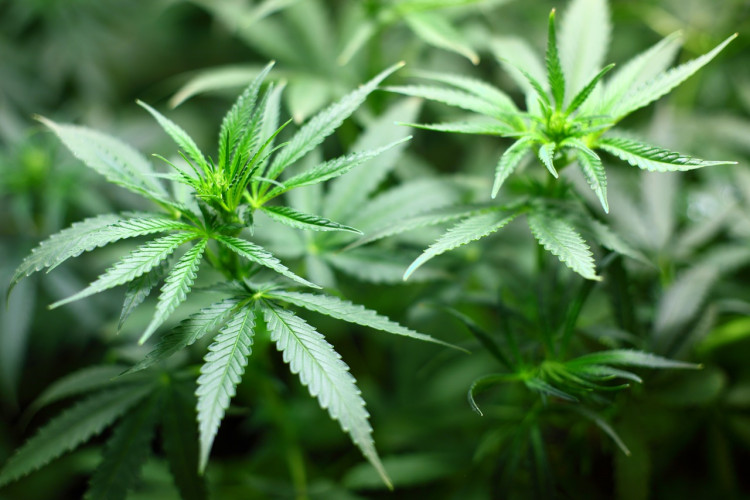China, the world's largest producer of industrial hemp (the marijuana plant grown for fiber), looks poised to compete against South Korea and Japan to become Asia's leader in beauty products infused with the cannabidiol (CBD).
CBD is a non-psychoactive compound found in the marijuana plant. It's widely projected to create the next killer products in skincare worldwide. South Korea, China, and Japan are moving to grab leadership in this new market in Asia, but they've got to legalize marijuana first.
By 2024, the CBD market in China is estimated at $15 billion, said Jamie Gibson, CEO of Regent Pacific Group, a Hong Kong-based investment company. Regent Pacific recently signed an agreement to acquire Yooya, a CBD-products e-commerce platform, for $15 million. Regent Pacific hopes to close the acquisition by the third quarter of this year.
Analysts said the beauty and wellness sector will be the main driver for growth by Regent Pacific. The plan is for Yooya to become an online retailer for high-end CBD beauty products. Yooya will market topical creams and skincare lines for domestic consumers in China, and overseas shoppers.
China's hemp market was worth $1.1 billion in 2017. It's projected to grow to US$1.5 billion by next year.
Globally, the market for CBD beauty products is projected to be worth $25 billion by 2029. This total will represent 15 percent of the entire global beauty market over the next 10 years, according to financial services company Jeffries Group LLC.
CBD beauty products are already doing big business in Canada and the United States where customers accept CBD can treat a range of health ailments such as chronic pain, epilepsy, anxiety, insomnia and skin conditions due to its anti-inflammatory properties.
To be found on Canadian and U.S. market shelves are CBD-infused products such as Estee Lauder's Origins "Hello, Calm" hemp mask, Murad's hemp face serum (from Unilever) and Kiehl's hemp-based face oil cream.
Upscale U.S. department stores such as Barneys and Nordstrom now carry a range of CBD-infused beauty and wellness products, and this trend will continue to grow. More than 35,000 U.S. retailers have shown a keen interest in carrying CBD products.
The legal marijuana industry worldwide is set to grow to $272 billion over the next decade from $150 billion today, according to Barclays. In addition, the legal market for edible and smokable marijuana is expected to be worth $66.3 billion by 2025, said consulting firm Grand View Research.
Asia's situation isn't as clear as either Canada's or America's because cannabis is illegal throughout much of Asia. The situation of cannabis in Asia today is about the same situation in both Canada and the U.S. a few decades ago.
Canada, however, legalized recreational marijuana on Oct. 17, 2018, while medical marijuana is legal in 33 U.S. States and Washington D.C. The U.S. federal government is widely expected to decriminalize marijuana use.
Asia has still a long way to go in this regard but Asian beauty movements such as K-beauty (Korea) and J-beauty (Japan) are set to embrace the CBD beauty trend.
China will become a major force but this country's strict drug laws preclude the rapid legalization of medical marijuana. Cannabis has been illegal in China since 1985.
Medical cannabis, however, is gaining traction in Asia. Thailand legalized medical cannabis in February 2019, becoming the second Asian country after South Korea to do so.
South Korea legalized medical marijuana in November 2018. Legalization came to effect in March this year. South Korea's goal in legalizing medical marijuana is to expand treatment options for patients with epilepsy, and chronic pain, among others.





